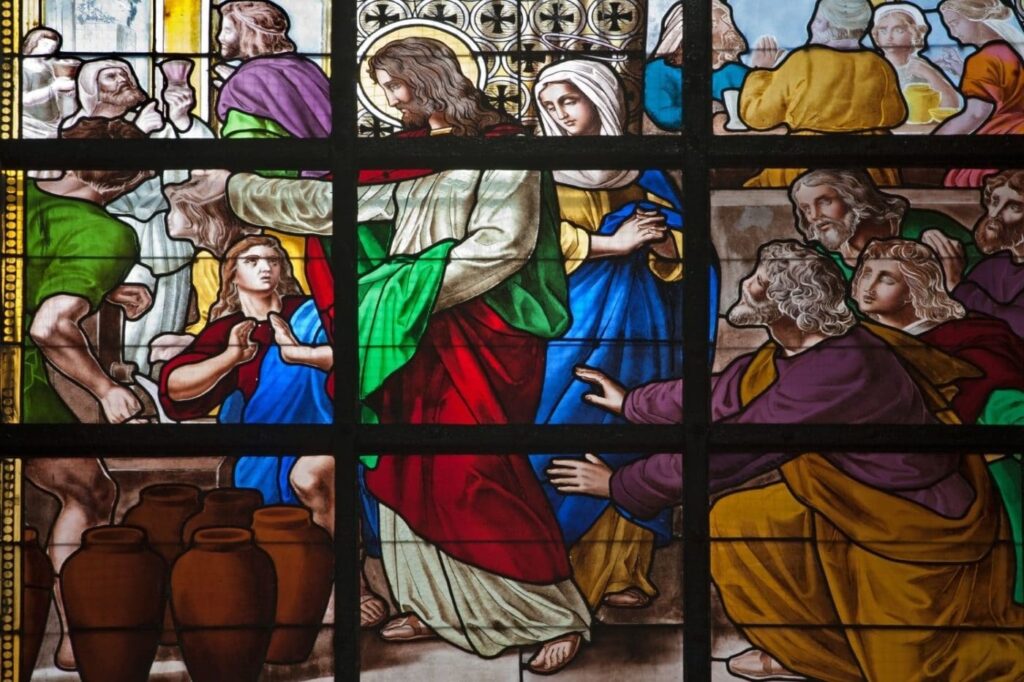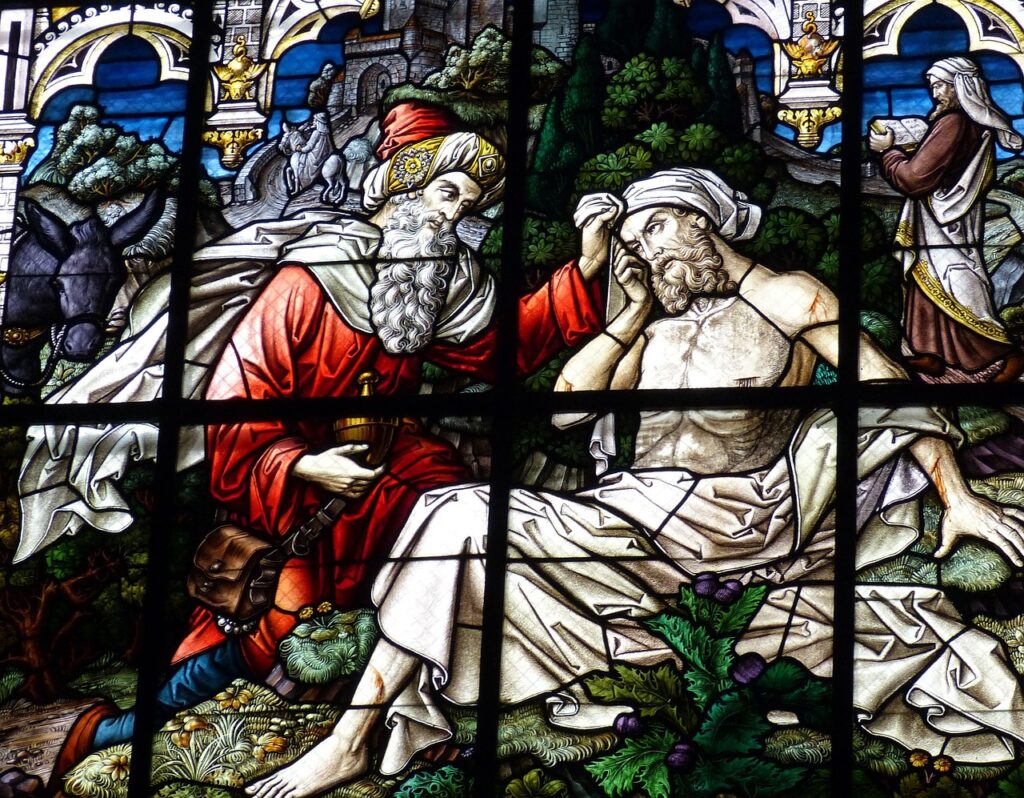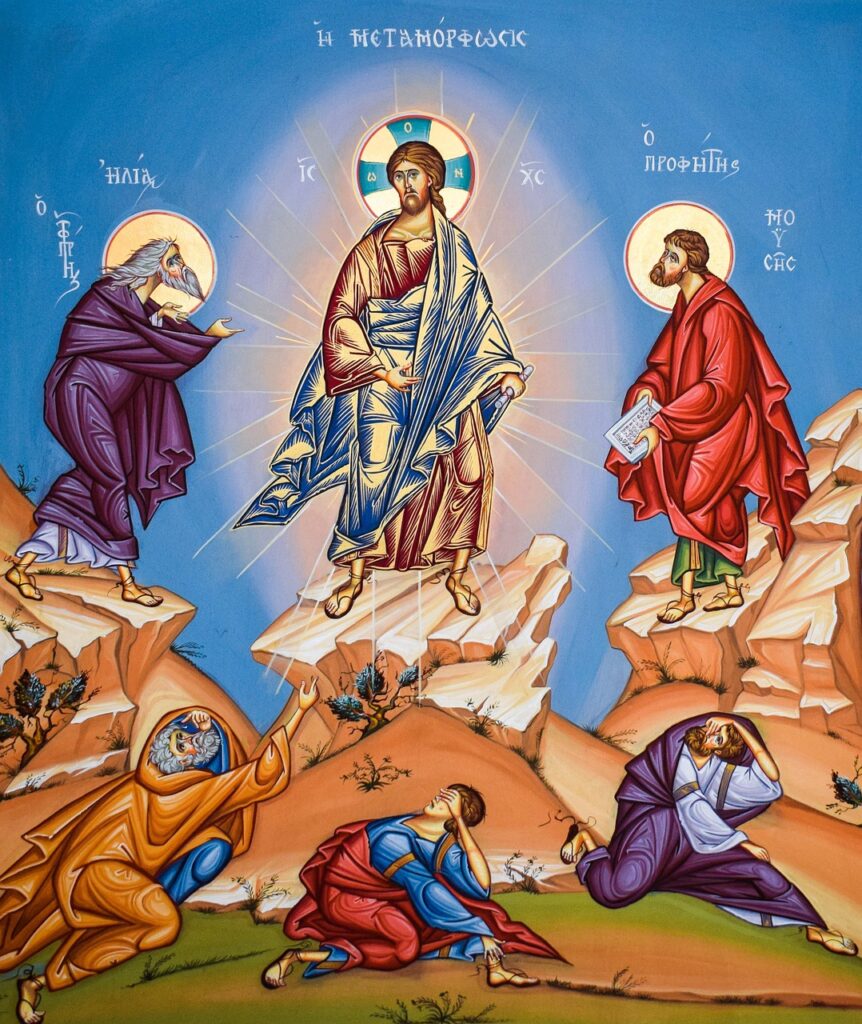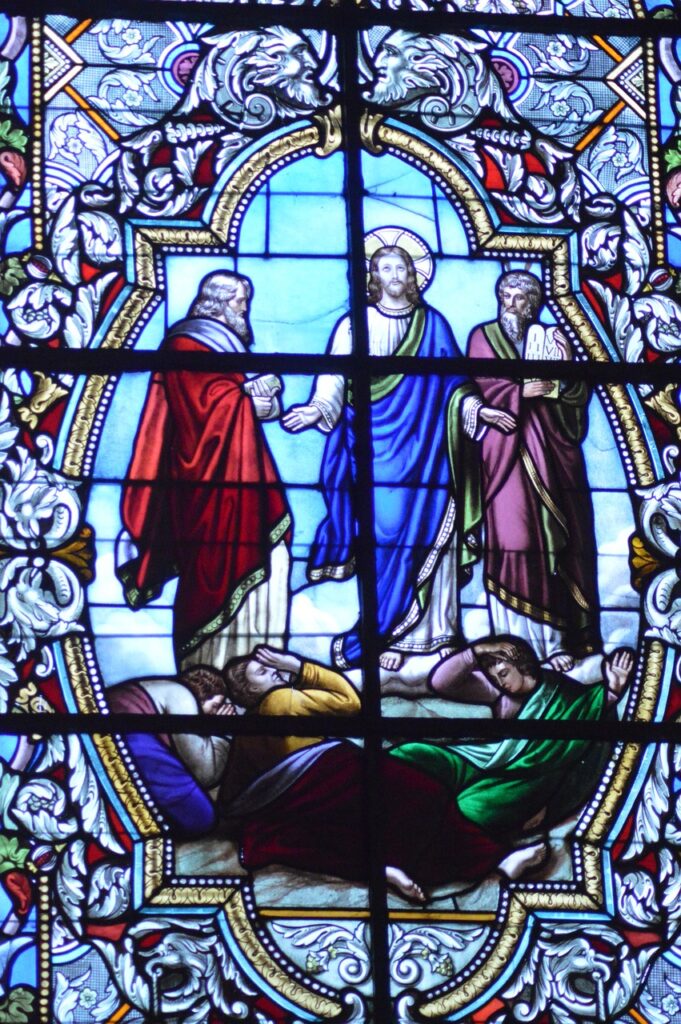Do whatever He tells you: Commentary by Fr. Jorge Miró
Sunday, January 19, 2025

Fr. Jorge Miró shares with the readers of Exaudi his commentary on the Gospel of this Sunday, January 19, 2025, entitled “Do whatever He tells you.”
***
Last Sunday, with the celebration of the Baptism of the Lord, the Christmas season concluded and the ordinary time of the liturgical year began, which invites us to live our daily life as a path of holiness, that is, of faith and friendship with Jesus, the Master and the Lord.
In these first Sundays, before Lent, we are going to discover that being a Christian is not a moralism, but following Jesus and, therefore, we are going to see the fundamental attitudes of the disciple, as preparation to be able to listen to and welcome all of Jesus’ preaching.
And the Word that the Lord gives us today shows us the newness of the new life that Jesus Christ brings us.
The miracle of Cana happens seven days after John the Baptist pointed out Jesus as the Lamb of God who takes away the sin of the world, with which we are told that a new time begins, the new creation.
The setting of the wedding speaks to us of the new covenant. The water is the water of the ancient purifications, which are replaced by the new wine.
Jesus is the Bridegroom, the Messiah who comes on behalf of God to make the nuptial covenant with his people. Mary is the perfect woman, the new Eve, who is with the new Adam at the birth of the new humanity.
The great novelty that Jesus has brought is the giving of his Spirit, of which each one has a manifestation in the community for the common good: each one is given the manifestation of the Spirit for the common good.
The abundance of charisms shows the acceptance of the gift of the Holy Spirit and fills the life of the Church with joy and happiness, because it is there that the fruitfulness that comes from the Spirit is manifested.
Charisma is a grace, a gift granted by God the Father, through the action of the Holy Spirit. And it is a free gift that is given to someone, not because he is better than others or because he has deserved it: it is a gift that God gives him so that with the same gratuitousness and the same love he puts it at the service of the whole community, for the good of all. Charisma is a gift: only God gives it.
One cannot understand by oneself if one has a charisma, and what it is. It is within the community that the gifts with which the Father showers us spring forth and flourish; and it is within the community that we learn to recognize them as a sign of his love for all his children (cf. Francis, 1-X-2014).
The first sign of the presence of the Spirit is to confess that Jesus is Lord: no one can say: “Jesus is Lord!”, except through the Holy Spirit (cf. 1 Cor 12:3). This confession of faith is not pure theory, but the beginning of the path of discipleship: “Do whatever he tells you.”
Being a Christian is not moralism. Being a Christian is following Jesus. It is not merely the fulfillment of rules; but the beginning of a new life in which I live, but it is not I who live, it is Christ who lives in me (cf. Gal 2:20).
Being a Christian is following Jesus, living as He lived, letting Him lead your life, letting Jesus Christ be the Lord of your life, of all your life.
Do as Jesus did, who passed through this world faithful to the will of God the Father and doing good to all! This is how you will find true happiness.
If you believe, you will see the glory of God!
Come, Holy Spirit!
Related

If you do not convert, you will all perish: Commentary by Fr. Jorge Miró
Jorge Miró
23 March, 2025
3 min

Reflection by Bishop Enrique Díaz: The Lord is compassionate and merciful
Enrique Díaz
22 March, 2025
6 min

Reflection by Bishop Enrique Díaz: “This is my Son, my chosen one, listen to him”
Enrique Díaz
16 March, 2025
5 min

While He Prayed, the Appearance of His Face Changed: Commentary by Fr. Jorge Miró
Jorge Miró
15 March, 2025
3 min
 (EN)
(EN)
 (ES)
(ES)
 (IT)
(IT)

